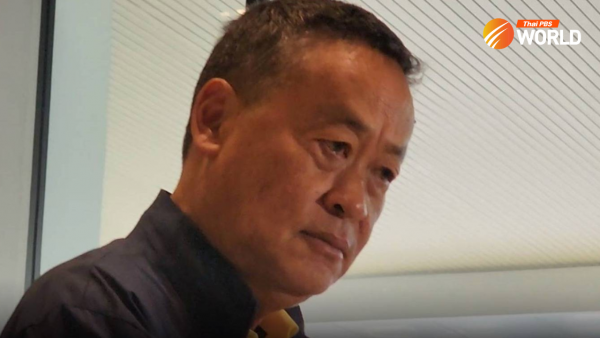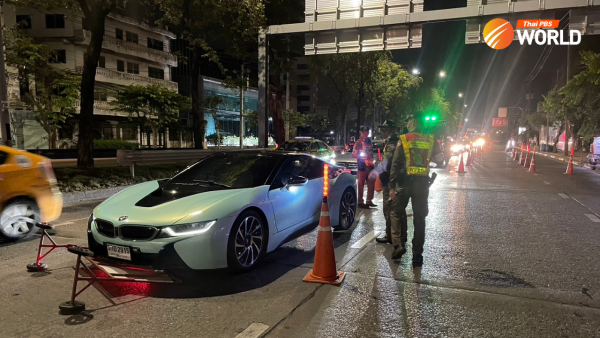Farmers are reluctant to stop using toxic weed killers

The government’s plan to phase out three chemical weed killers, paraquat, glyphosate and chlorpyrifos, which are widely used by Thai farmers, may be easier said than done as most farmers oppose the ban because the chemicals enable higher crop yields.
A recent field survey, of farmers in the northern province of Phrae by Thai PBS reporters, shows that many of them are unlikely to give up the use of the weed killers while an effective alternative is not available.
The farmers said that, because of their large farms and shortage of labour, they need to use the weed killers both before and after cultivation to ensure they get large enough harvests to generate the incomes they need.
Phrae provincial governor Mr. Pongrat Piromrat said that the provincial administration had been encouraging farmers to turn to organic farming. The results, however, have been limited because the organic produce is less popular among wholesalers and consumers and because the produce does not look as attractive or fetch the same prices as its non-organic counterparts.
Organic farmer Mr. Ronnakiat Kamnoi, village headman of Tambon Mae Poong in Wang Chin district, said the government should use incentives to persuade farmers to stop using the toxic chemicals, and launch educational campaigns so farmers better understand the health and environmental risks from the chemicals and the merits of organic farming.
Starting in October, farmers who want to continue using the three chemicals must register with officials in their respective areas and undergo training on their proper use.
Vendors of the chemicals are also required to register with authorities to obtain sale permits.






